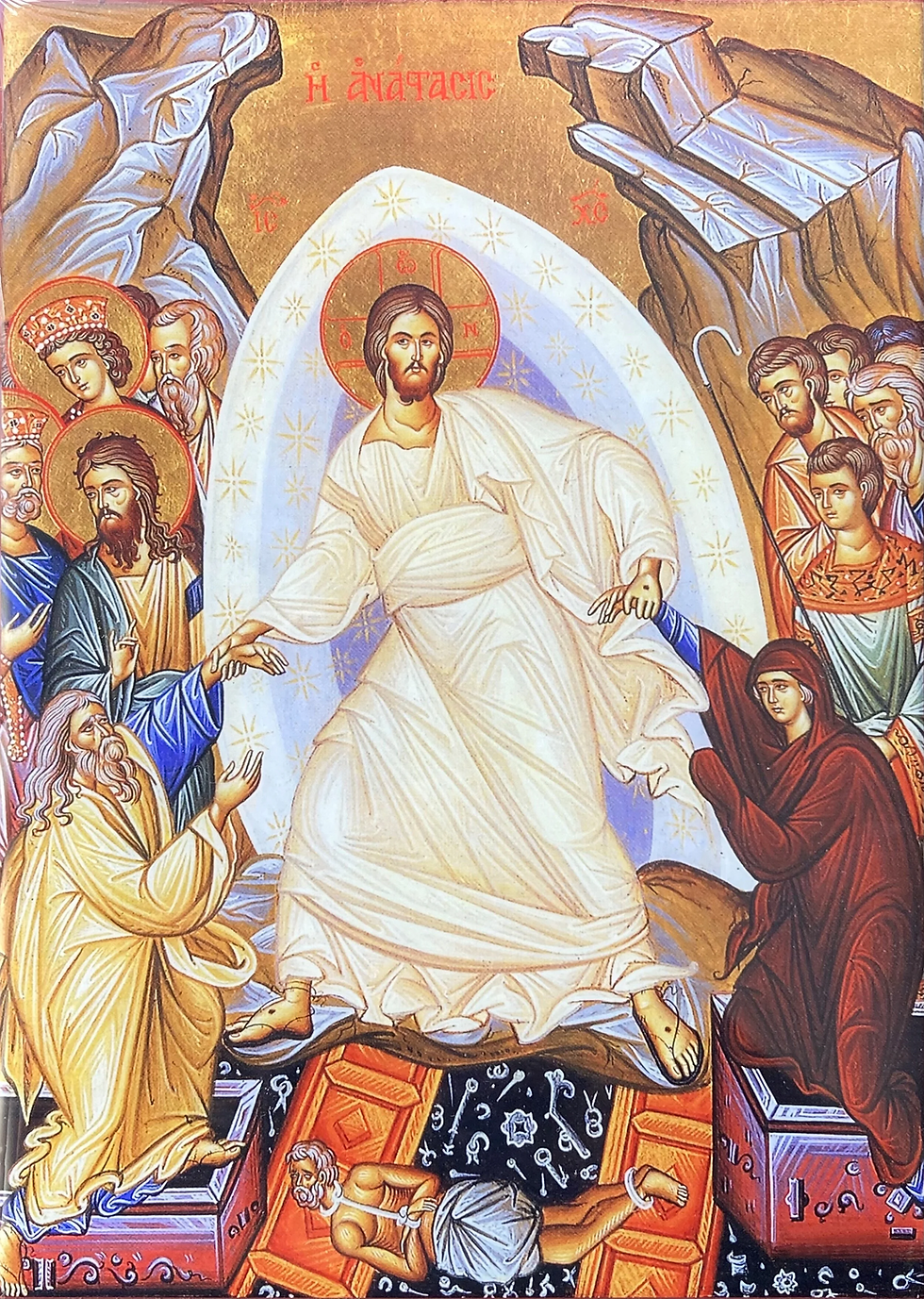Halloween vs. All Saints Day?
- Dominus Est

- Nov 1, 2025
- 4 min read
by Fr Earl Allyson Valdez

I am sure that during these last few weeks, we get to hear reminders to celebrate All Saints Day solemnly, and that it must be held with greater, if not with exclusive, importance over the day that precedes it, which is Halloween (or in its old English, All Hallows’ Eve). It also comes with a reminder that we ought to dress children not as frightening monsters or ghosts of horror films and literature, but as saints.
To some extent, I would agree that children (and adults, definitely) should dress up as saints, and that this can be integrated as an activity by parishes and Christian communities on the 31st of October or the 1st of November. However, I do not agree to the sentiment that these festivities should only be restricted to dressing up as saints. I would argue instead that the celebration of Halloween, though not originally Christian and has been transformed to have a Christian meaning, gives us a glimpse of the human condition and more importantly, our need for God to give us life beyond the confines of our earthly concerns and existence.

Historians trace the celebration of All Hallows’ Eve to Celtic and Roman observances of the day in which those who have passed away were given a day to commune with their living relatives and friends. It was only in the 7th century that Pope Boniface IV instituted the thirty-first of November as a day dedicated to all martyrs, and only in the 9th century that Pope Gregory III moved the date to the first of November and extended it to All Saints of the Church, and by the beginning of the Second Millennium, added the 2nd of November as a day of memorial for all the dead.
The common thread that ran from its original pagan tradition (which was also common in other non-Western cultures) to our present Christian celebration is our connection to those who have passed away and have gone away before us. But if for the pagans, it represented a vast distance between the living and the dead, with only a day left to commune with them, we Christians see it differently. We are united with the dead because Christ has already brought us together through His Death and Resurrection. The Saints and our beloved departed are reminders for us that we would be united with them as we all receive the life that is given to us by the Resurrected Christ.

And I think this is the reason why, in a way, we need not discourage the variety of “Halloween costumes.” Instead, they should become opportunities for us to reflect on the different fears that paralyze us, the things that we are afraid and hesitant of, and the stuff of myths and legends which reminds us that we are not in control of everything. However, they must also be reminders that at the end of the day, it is faith and the grace of the Lord that would help us in overcoming these fears and limitations.
Furthermore, most of us have also seen people dressing up as literary characters, from books to manga and anime, and as movie and TV characters. This expansion, I believe, also helps us to “wear,” rather symbolically, the virtues and good attitudes of these characters which become enriched and fulfilled in our Christian life. And as for the villains? They also help us to reflect on what not to be and avoid if we strive for holiness. Does not the resilience of Harry Potter in the midst of evil, or the light-heartedness of Straw Hat Luffy in his pursuit as the King of the Pirates, and the curiosity of Alice in her adventures in Wonderland, inspire us and lead us to lives that are holier, that is, closer to what and who the Lord desires for us?

In the end, I do not think that the practice of dressing up for Halloween is the opposite of celebrating All Saints’ Day. Rather, it is the consumerism that runs counter to the solemnity of these next few days, which reduces these celebrations to mere festivities instead of being moments for us to ponder on our humanity in the face of the God of life. It is not just those office and street parties of Halloween which fall victim to consumerism. Even celebrations of All Saints’ Day in parishes become reduced to mere pageants that feature those who have prepared the most lavish and expensive costumes, rather than become moments for communities to grow closer in communion with each other and with the Saints. This is what we should ultimately watch out for and be discerning about.
Given all this, the next time that we think of what to wear during our celebration of Halloween or All Saints Day, or what our children should be on that day, may it be a moment to think: does this actually inspire us and help us to be better persons and better Christians? Does it help us face the human condition of the fear of death and failure, and overcome them not through our own strength but through Grace that aids and accompanies us everyday?





Comments